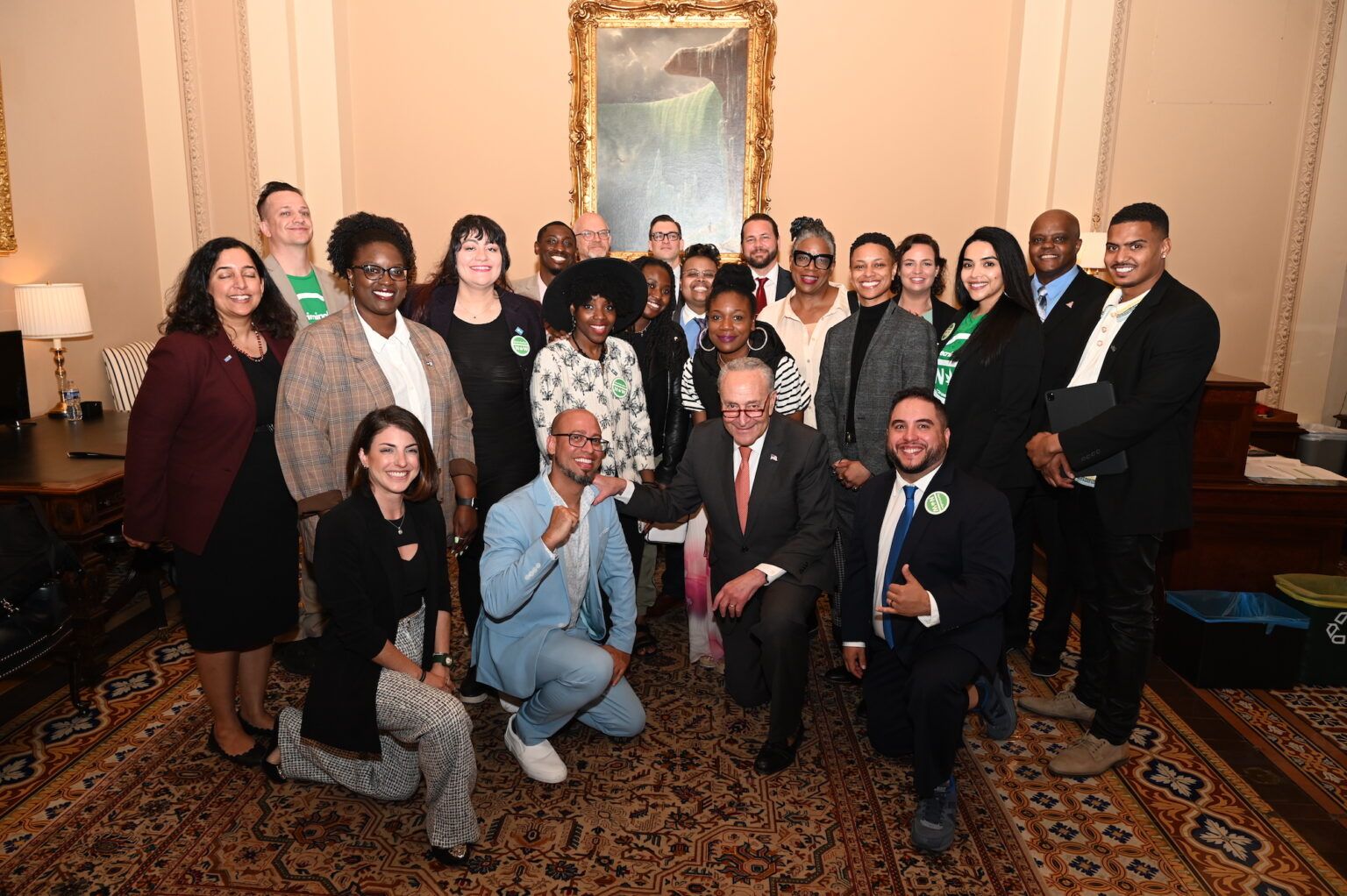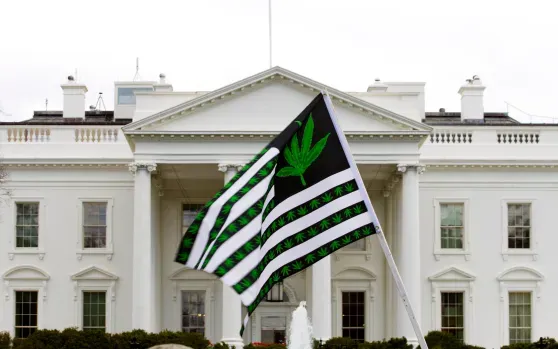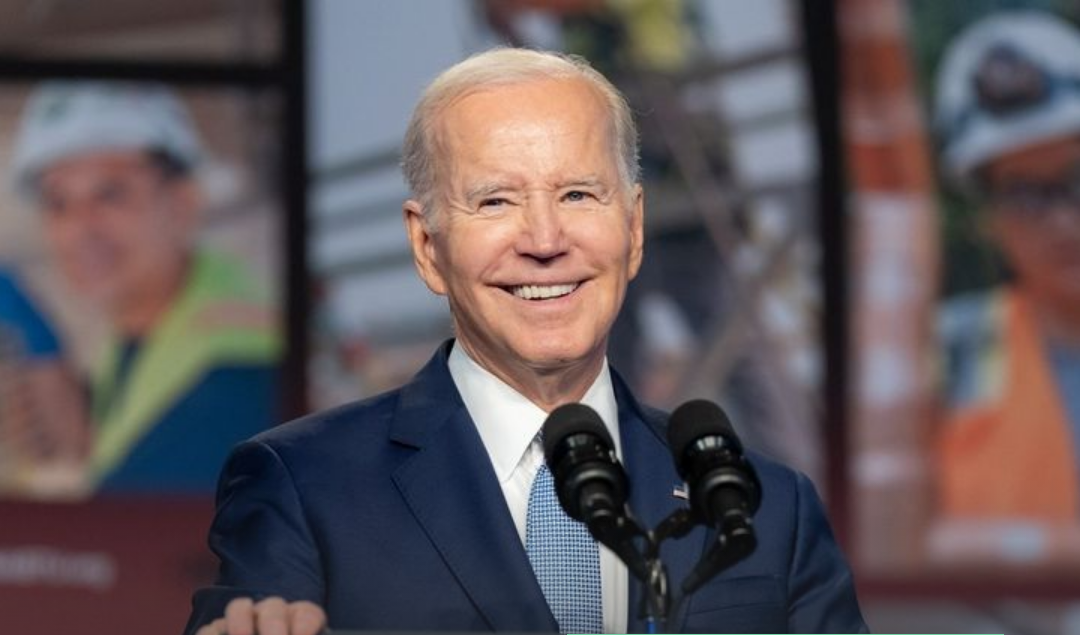LPP Partners with Lucky Brand to Bring Elevated Style on High Demand to Support Cannabis Justice
Lucky Brand’s Highest Quality Capsule Collection, features cannabis-inspired styles made with elevated techniques, exemplifying the casual cool and culturally relevant lifestyle of laid-back comfort. Together with cannabis-advocate and entrepreneur Lola Langusta, the brand’s campaign highlights stories of the progression of cannabis perception in society by showcasing a variety of personal perspectives – from criminalization to culture to agriculture.
The campaign was shot on location in New York City and upstate New York. The Highest Quality capsule features three unique perspectives on the ways cannabis impacts culture today.
The Culturista: Lola Langusta
Lola Langusta is a creative director and visionary who launched her company Stoned Fox, a creative studio and production company in cannabis, plant wellness, and lifestyle in 2016. Lola works with ethical and sustainable brands to assist with bringing awareness to healing ourselves naturally and the responsibility we all share collectively to help heal our planet.
The Farmers: Hudson Cannabis
Founded by women, owned by farmers, and powered by regenerative agriculture, Hudson Cannabis is going one step further with regenerative agriculture. Their farm provides a holistic approach to producing top-tier, biodiverse cannabis that’s grown intentionally in the sunlight, in the soil with the plant and planet in mind.
The Activist: Donte West
Donte West is a decriminalization and anti-incarceration advocate whose experience with the criminal justice system changed his life forever. With no criminal record, and nothing illegal in his possession, Donte was arrested and convicted on charges that were later overturned. Released after three years in October 2020, he now works with Last Prisoner Project to help free anyone incarcerated on cannabis-related charges.
“Lucky Brand has always been at the forefront of driving cultural conversations since 1990 and we are excited to give our collaborators a platform to express themselves on luckybrand.com and on our social channels. Rooted in denim, Americana and self expression, our brand is for the free-thinkers and the optimists who don’t take life too seriously,” says Michael DeLellis, EVP Head of Marketing from Lucky Brand & SPARC Group.
The collection will be live on April 4th on
LuckyBrand.com and $10 from every Highest Quality item sold in April 2024 will be donated to
Last Prisoner Project with a commitment from the brand up to $10,000. Additionally, Lucky’s social post(s) will direct the audience to help support the mission of LPP by participating in the
Letter writing program.
About Lucky Brand:
WEAR LUCKY. FEEL LUCKY. Lucky Brand was founded in 1990 with a spirit of reinvention. Rooted in premium denim, Americana and self-expression, our brand is for the free-thinkers and the optimists who don't take life too seriously. Our denim and lifestyle wares portray personality through perfectly imperfect, often American heritage inspired details that bring levity to any look, or situation. Wear Lucky and make good fortune. Feel lucky, and you’ll find it. Shop Lucky Brand in freestanding store locations across North America, select department stores and on luckybrand.com.
About The Last Prisoner Project:
The Last Prisoner Project (LPP) is a national, nonpartisan nonprofit dedicated to freeing those incarcerated due to the War on Drugs, reuniting their families, and helping them rebuild their lives. As laws change, there remains a fundamental injustice for individuals whose conviction is no longer a crime. LPP works to repair these harms through legal intervention, constituent support, direct advocacy and policy change. Visit
www.lastprisonerproject.org or text FREEDOM to 24365 to learn more.




The Last Prisoner Project. All rights reserved.
Last Prisoner Project is a 501(c)(3) tax-exempt organization with EIN 83-4502829. Mailing address: 1312 17th St #640 Denver, CO 80202. Our governing documents and conflicts of interest policy can be found here. Our Privacy Policy can be found here.
Website built on KUSHY



